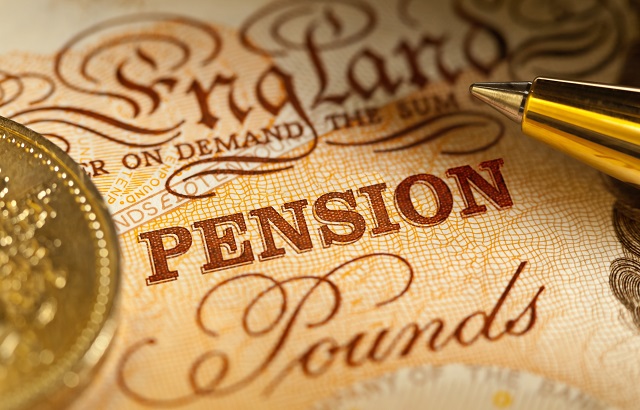The terrible atrocities in Ukraine have had major consequences on the world from creating a large-scale humanitarian crisis to unnerving global stock markets.
But platform Interactive Investor (II) said that the latter has “implications for the value of pension pots and by extension, retirement plans”.
Initially, the concern among pension savers was that they did not want to be invested in Russian companies. A number of pension providers responded swiftly to the invasion of Ukraine by declaring their intention to divest from Russian holdings.
But, II has said that “this principled move will not insulate the value of our pension funds from the impact of the war on the global stock market, which underpins 22.4 million defined contribution workplace as well as millions more non-workplace personal pensions”.
Exposure
Even with minimal exposure to the Russian economy, pension investments are “exposed to the general global uncertainty caused by the war, because they are invested in assets that span global stock markets”, II said.
Many global companies are affected by the war too – particularly, but not exclusively, those that sell products and services to the Russian market.
But, the way pensions are invested – usually according to global, multi-asset strategies – is designed to reduce risk through diversification and slowly grow the value of a fund in a way that beats inflation over time.
Some adjust the risk level according to the target retirement date of the pension holder, reducing it as someone nears retirement to mitigate the risk of stock market falls right before retirement, which could unduly damage the value of someone’s retirement pot.
According to II data, the average value of a self-invested personal pension (Sipp) has fallen by 31% from a peak of £232,445 ($303,000, €276,000) at the end of December 2021 to £212,387 at the end of February 2022 and the start of the Russian invasion of Ukraine, to £160,187 now.
The falls at the start of the year have been a consequence not only of the war, but also the preceding rise in interest rates and the end of quantitative easing, among other factors that turned general sentiment negative from mid-January onwards.
Demographics
Becky O’Connor, head of pensions and savings at II, said: “The war in Ukraine has consequences for global stock markets, which in turn could affect the value of pension funds.
“For those years away from retirement, this should not be too concerning – they may have decades left for markets to recover enough to restore their pension value to rude health.
“It is more concerning for people who are close to or in retirement. But how consequential it will be for older people depends on a number of factors, including their individual exposure to global equities.
“Some pension holders will be feeling relieved they had reduced the risk of their portfolio to some extent in the run up to retirement. Others may be kicking themselves that they left too much to the ups and downs of equities too close to the date they plan to take an income.
“The bottom line for anyone now, regardless of what they have or haven’t already done to stem losses, is not to panic. Selling locks in losses. If you don’t need to sell now and can wait to draw an income, you are likely to be rewarded by a recovery in values, when it comes. This is more important for retirees or people close to retirement than anyone.”
Younger people with pensions
O’Connor added: “It’s also especially important for younger pension investors, who have started to show signs of becoming more engaged in their pension investments, not to worry.
“The rise in interest in pensions among younger workers has come about thanks to a surge in interest in green pensions, as well as the development of technology and apps making it easier to more frequently check in on pension fund values.
“While a higher level of engagement in pensions is a good thing, because it can inspire people to invest more in their pension for later life, the flipside is that for those with little stock market experience, there is a risk of becoming unduly concerned and scared of the impact of markets on their pension pots.”








